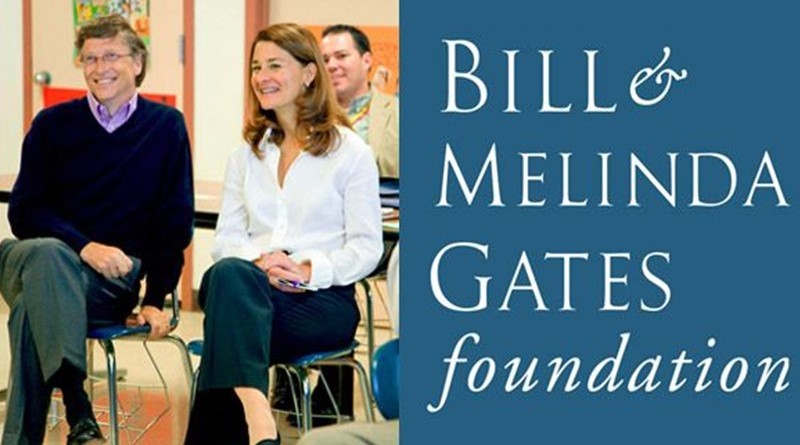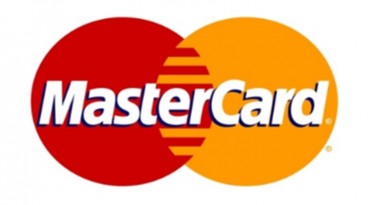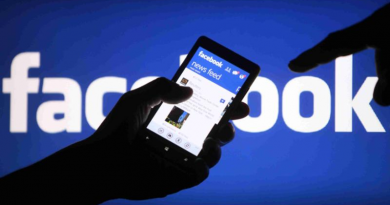€30 million pilot microfinance programme to improve women access to capital launched
The Bill & Melinda Gates Foundation and the European Investment Bank (EIB) have announced a new collaboration aimed at enhancing the economic empowerment of women in Kenya by addressing key obstacles to financial inclusion.
This joint effort will introduce a €30 million pilot microfinance program in Kenya, with €15 million provided by EIB Global and additional funding from KCB Bank Kenya. The initiative is designed to ensure that 80% of the program’s beneficiaries are women. It will involve improving access to finance for individuals without collateral or credit history, implementing risk-adjusted pricing to combat high interest rates, tailoring digital services to meet the specific needs of female borrowers, and enhancing financial literacy.
Scheduled to launch in the upcoming weeks, this initial program will expand microfinance accessibility throughout Kenya and will be overseen by KCB Bank Kenya as part of their Female-Led and Made Enterprises (FLME) and KCB Foundation 2jiajiri initiatives. The insights gained from this project will be utilized to strengthen gender equality efforts across Africa as the collaboration expands in the future.
Greta Bull, the director of Women’s Economic Empowerment at the Bill & Melinda Gates Foundation, emphasized the importance of providing women in Africa with improved access to credit to support their entrepreneurial endeavors. She highlighted the significant challenge of unequal credit access hindering economic and social progress, particularly for women in Kenya. This partnership aims to eliminate some of the obstacles faced by women in obtaining affordable financing, ultimately fostering business growth and contributing to broader economic development.
Women play a crucial role in the African economy, with the continent boasting the highest percentage of women entrepreneurs globally, as highlighted by Thomas Östros, Vice President of the European Investment Bank. However, African women still encounter significant obstacles such as high interest rates, lack of collateral, and a lack of tailored financial services. The collaboration between the Bill & Melinda Gates Foundation, the EIB, and the European Union aims to address these challenges and empower women across Africa to seize new opportunities. The innovative gender-focused microfinance initiative led by KCB Bank Kenya sets a precedent in bridging the $42 billion financing gap for female entrepreneurs in Africa.
Mrs. Annastacia Kimtai, Managing Director of KCB Bank Kenya, emphasized that despite the dominance of women in the economy, they face various hurdles like inadequate financial products, institutional weaknesses, and a lack of incentives for banks to cater to women. Addressing the gender gap in banking, particularly through promoting financial literacy, digital banking, and credit access, presents a significant opportunity for the financial industry to enhance its profitability.
H. E Henriette Geiger, European Union Ambassador to Kenya, expressed the commitment of Kenya and the EU to promoting gender equality. The partnership between the Bill & Melinda Gates Foundation, the EIB, and the EU is expected to create more opportunities and improve the lives of women and their families in Kenya and beyond in Africa.
Overcoming the $42 billion gender finance gap in Africa is crucial to enabling women to play a more significant role in driving economic growth and fostering social progress by addressing technical and financial barriers to equal access to finance.
The 2023 survey conducted by the European Investment Bank (EIB) on financing in Africa has revealed some interesting findings. According to the survey, 65% of African banks currently have a gender strategy in place, while an additional 19% are planning to implement one in the near future. This indicates a positive trend towards promoting gender equality in the banking sector.
However, when it comes to lending to small and medium-sized enterprises (SMEs), the survey found that almost 70% of the banks reported that less than 30% of their lending was directed towards female borrowers. This highlights the existing gender disparity in access to finance for women entrepreneurs.
Furthermore, 50% of the surveyed banks identified a lack of acceptable collateral as a major constraint in lending to women, while 40% stated that poor or incomplete credit history posed a significant challenge. These factors contribute to the limited access to finance for women-owned businesses.
To address these issues, a new pilot initiative has been launched. The initiative aims to tackle the barriers that hinder low-income women from accessing finance. KCB Bank Kenya will receive technical assistance to leverage digital technology and data, as well as risk sharing, in order to reduce the cost of loans for women.
In addition, the Gates Foundation recently published a whitepaper highlighting the challenges and opportunities in providing capital to women entrepreneurs in Africa. This collaboration between the EIB and KCB Bank Kenya represents a concrete step towards closing the gender gap and increasing financial support for women. It is crucial to establish more partnerships like this to expand microfinance not only in East African countries but also across the entire continent.
The first facility under this initiative benefits from a partial guarantee from the European Union through the European Fund for Sustainable Development Plus (EFSD+). This facility is aligned with the Global Gateway strategy, which aims to promote sustainable development and inclusive growth in Africa.




